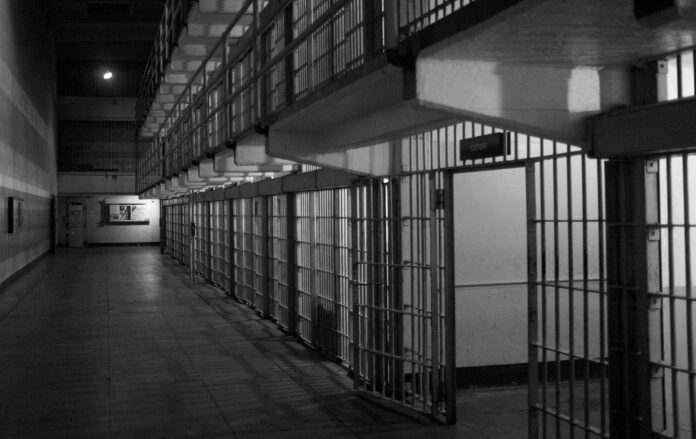Ordered to refrain from naming key figures on social media, the TikToker faces strict conditions following his contentious posts
In a recent development from Kampala, Uganda, a TikToker known as Ibrahim Musana, alias Pressure 24/7, was granted bail after being held for over two months on charges of hate speech against several high-profile Ugandan figures, including the Kabaka of Buganda, Ronald Mutebi, and President Yoweri Museveni. The decision came from the Buganda Road Court where Chief Magistrate Ronald Kayiizi set the bail at sh2 million, emphasizing stringent conditions for the accused’s release.
Musana’s legal troubles began when he allegedly posted videos on TikTok that were deemed to degrade and promote hostility against four prominent leaders, sparking significant controversy. The other two figures mentioned in the case are Anita Among, the Speaker of Parliament, and Joyce Nabbosa Ssebugwawo, the State Minister for Information, Communications, and Technology.
During the court proceedings, it was noted that the trial had yet to commence 60 days post-arrest due to ongoing investigations by the state attorney. The magistrate, thus, imposed a strict condition on Musana’s bail: he is prohibited from mentioning any of the four leaders on social media until the completion of the case, with a stern warning that any violation would result in the cancellation of his bail.
Adding to the complexity of the case, Musana, during his initial court appearance in February 2024, claimed he was psychologically unwell and influenced by the spirits of Buganda’s deceased kings. He expressed that these spirits had compelled him to demand repairs to their tombs, a task he said he was financially unable to fulfil. Musana also claimed to have contacted the Buganda Kingdom repeatedly, asserting his lineage as a prince, though he received no acknowledgement.
This peculiar defence highlights the challenges faced by the court in balancing Musana’s claims of mental health issues against the severity of the accusations. His commitment to deleting the controversial content from his TikTok account and refraining from further attacks on leaders was part of his plea for leniency.
The case has drawn attention not only to the impact of social media on public discourse but also to the intersection of traditional beliefs and modern legal systems in Uganda. As the proceedings continue, this case will likely serve as a significant reference point for discussions on free speech, mental health, and the responsibility of social media users in political discourse.
As Musana awaits his trial, the conditions set by the court reflect an effort to maintain respect for leadership while addressing the complexities introduced by digital communication platforms. The outcome of this case could have far-reaching implications for how hate speech is managed on social media in Uganda and beyond

